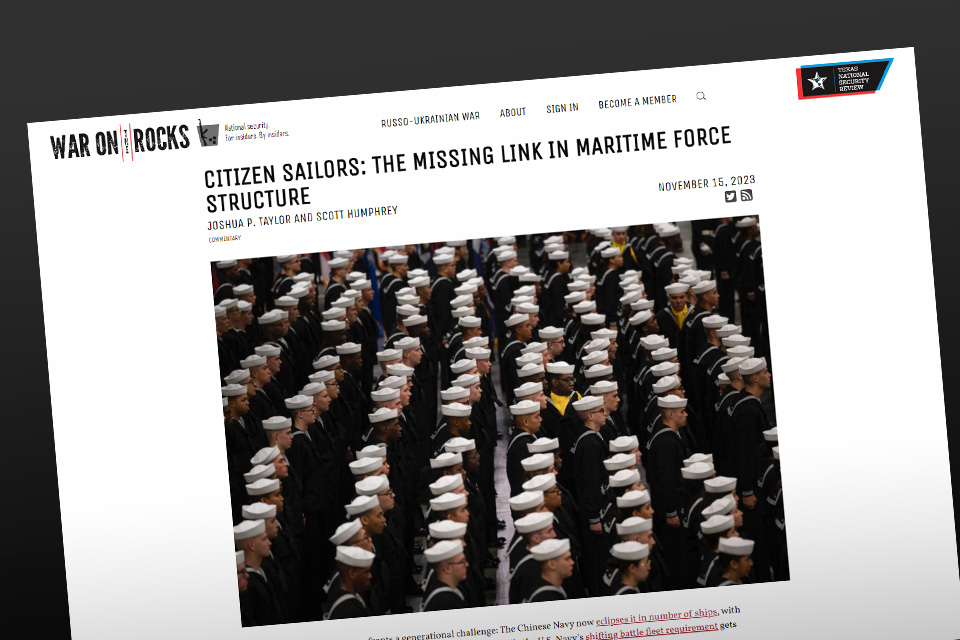Dr. Mohan Malik continues to share his expertise on China as well as geopolitics in several recent articles.
Last summer he was published in the World Affairs Journal. His articled entitled “Historical Fiction: China’s South China Sea Claims” looks at the historical context of the dispute which continues to make headlines.
According to Dr. Malik, “There are several contradictions in China’s use of history to justify its claims to islands and reefs in the South China Sea, not least of which is that Beijing always took the position that its land boundaries were never defined, demarcated, and delimited. But when it comes to islands, shoals, and reefs in the South China Sea, Beijing claims otherwise. In other words, China’s claim that its land boundaries were historically never defined and delimited stands in sharp contrast with the stance that China’s maritime boundaries were always clearly defined and delimited.”
You can read the full article online at: http://www.worldaffairsjournal.org/article/historical-fiction-china%E2%80%99s-south-china-sea-claims
In March, Dr. Malik attended a conference on “Emerging Markets & Mounting Tensions: Doing Business in the Face of Potential Conflict in the Indo-Pacific Region” sponsored by the School of Public Policy of the University of Calgary, Canada (see related article here). While there he was interviewed by author Robert Kaplan on “The Geopolitics of Energy.” In the article, Dr. Malik discusses how “Asia has become ‘ground zero’ for growth” as far as the consumption of energy is concerned. His research shows that over the next 20 years, 85 percent of the growth in energy consumption will come from the Indo-Pacific region. Already, at least a quarter of the world’s liquid hydrocarbons are consumed by China, India, Japan and South Korea.” Read more at “The Geopolitics of Energy,” Stratfor, April 2, 2014
Dr. Malik plans a follow up article on the same topic to be published in the near future.
The views expressed in these articles are those of the author and do not reflect the official policy or position of APCSS, the U.S. Pacific Command, the U.S. Department of Defense, or the U.S. government.
-END-










Leave A Comment